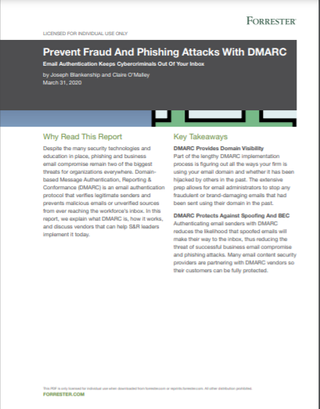Wind turbine maker Vestas hit by cyber attack
Danish firm says hackers managed to obtain company data and knock out parts of its IT network

The world’s biggest wind turbine manufacturer has said it was forced to shut down its IT systems due to a cyber attack over the weekend.
Danish firm Vestas announced that hackers managed to obtain company data as well as knock out parts of its internal IT infrastructure, which continue to be “shut down as a precaution”.
Following the attack on Friday, the company issued an update on Monday morning revealing it had “initiated a gradual and controlled reopening of all IT systems” as it continues to investigate the incident.
“There is no indication that the incident has impacted third party operations, including customer and supply chain operations,” the company stated, adding that its “manufacturing, construction and service teams have been able to continue operations, although several operational IT systems have been shut down as a precaution.”
Vestas, which operates in 80 countries across five continents, including the UK, US, Germany, Italy, the Netherlands, Taiwan, India, Australia, China, and Brazil, is the world’s biggest wind turbine manufacturer and servicer, employing approximately 25,000 people. Its partners include tech giants Lenovo and SAP, which are not thought to have been affected by the attack. IT Pro has contacted both companies for comment.
The company has not named the perpetrator of the attack, or whether the cyber attack involves ransomware.

Prevent fraud and phishing attacks with DMARC
How to use domain-based message authentication, reporting, and conformance for email security
The attack follows a number of similar incidents involving US infrastructure providers including Colonial Pipeline and the Texas Power Grid, as well as UK energy giant NPower. Research conducted by cyber security firm Hornetsecurity found that the energy sector has been the leading target for cyber criminals, accounting for at least 16% of officially known attacks.
Get the ITPro. daily newsletter
Receive our latest news, industry updates, featured resources and more. Sign up today to receive our FREE report on AI cyber crime & security - newly updated for 2024.
George Patterson, director of Oxford-based cyber security recruitment specialist Arrowforth, told IT Pro last month that the rise of this type of cyber attack could be attributed to the energy sector being “seen as a rather unethical industry to younger generations (most cyber hackers are young)”.
“Cynically, they know they have money and are likely to pay out to continue operations,” he added.
For example, Colonial Pipeline reportedly paid a $5 million ransom to Darkside, a Russian based cyber gang, to quickly restore fuel supplies to the US East Coast.
Having only graduated from City University in 2019, Sabina has already demonstrated her abilities as a keen writer and effective journalist. Currently a content writer for Drapers, Sabina spent a number of years writing for ITPro, specialising in networking and telecommunications, as well as charting the efforts of technology companies to improve their inclusion and diversity strategies, a topic close to her heart.
Sabina has also held a number of editorial roles at Harper's Bazaar, Cube Collective, and HighClouds.





